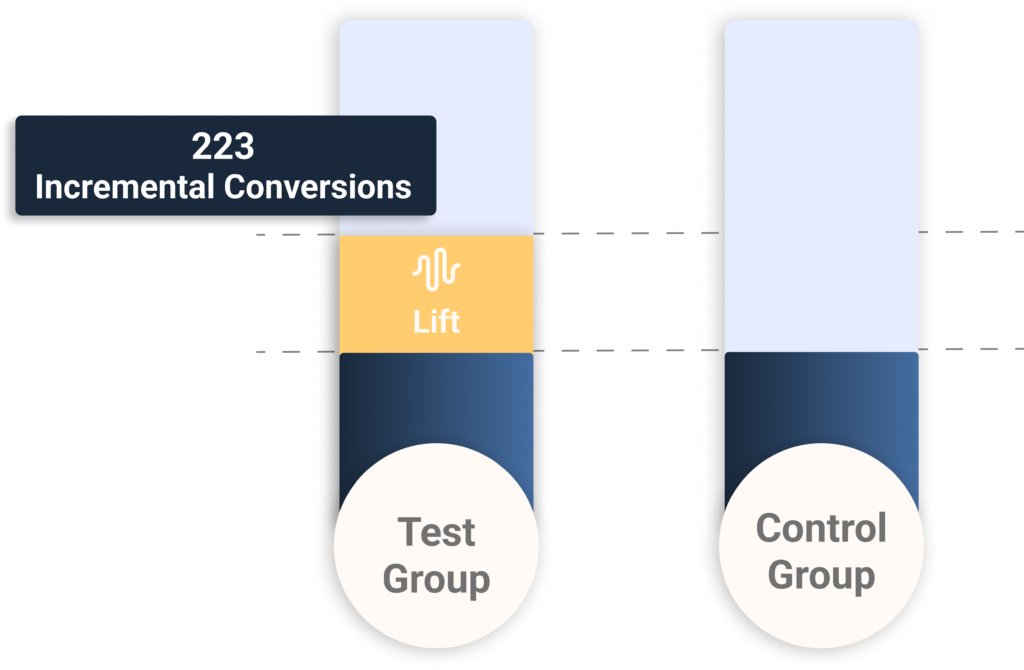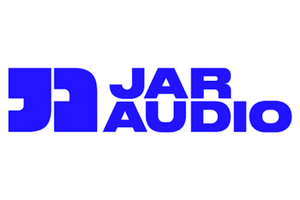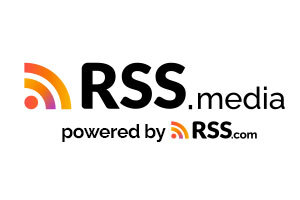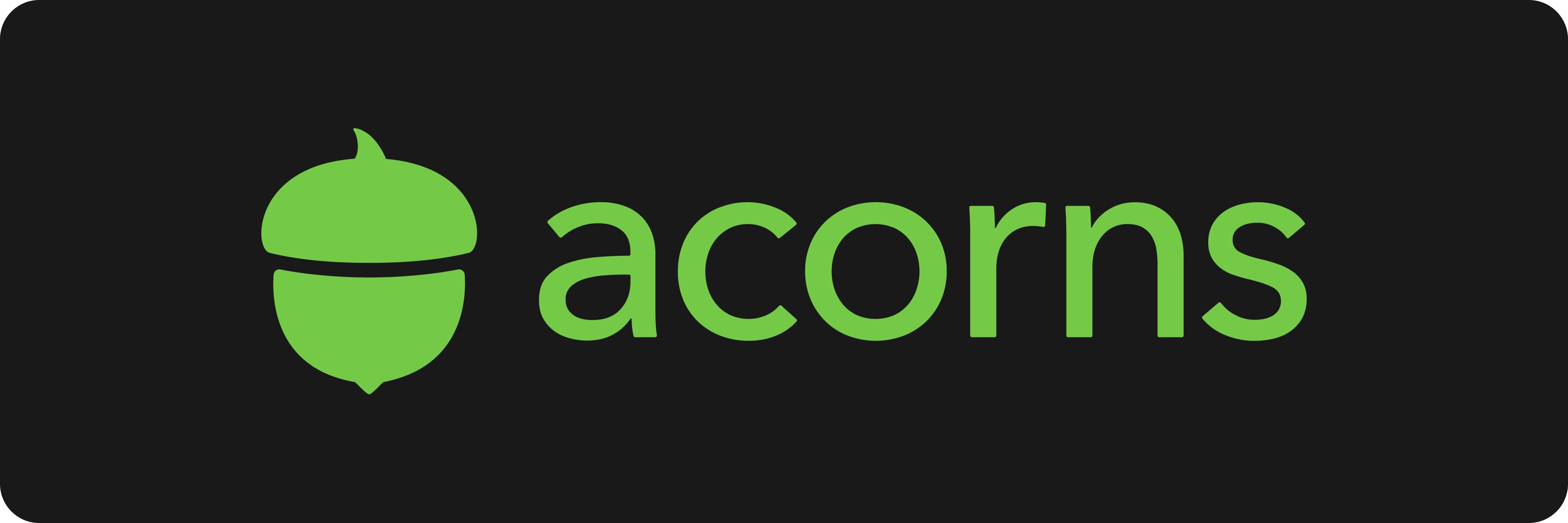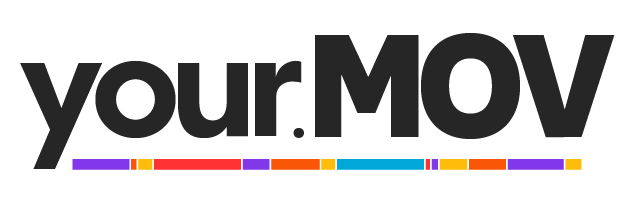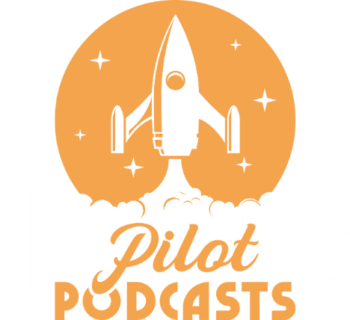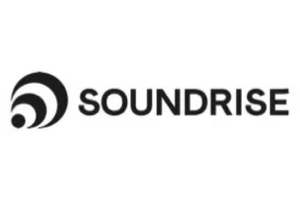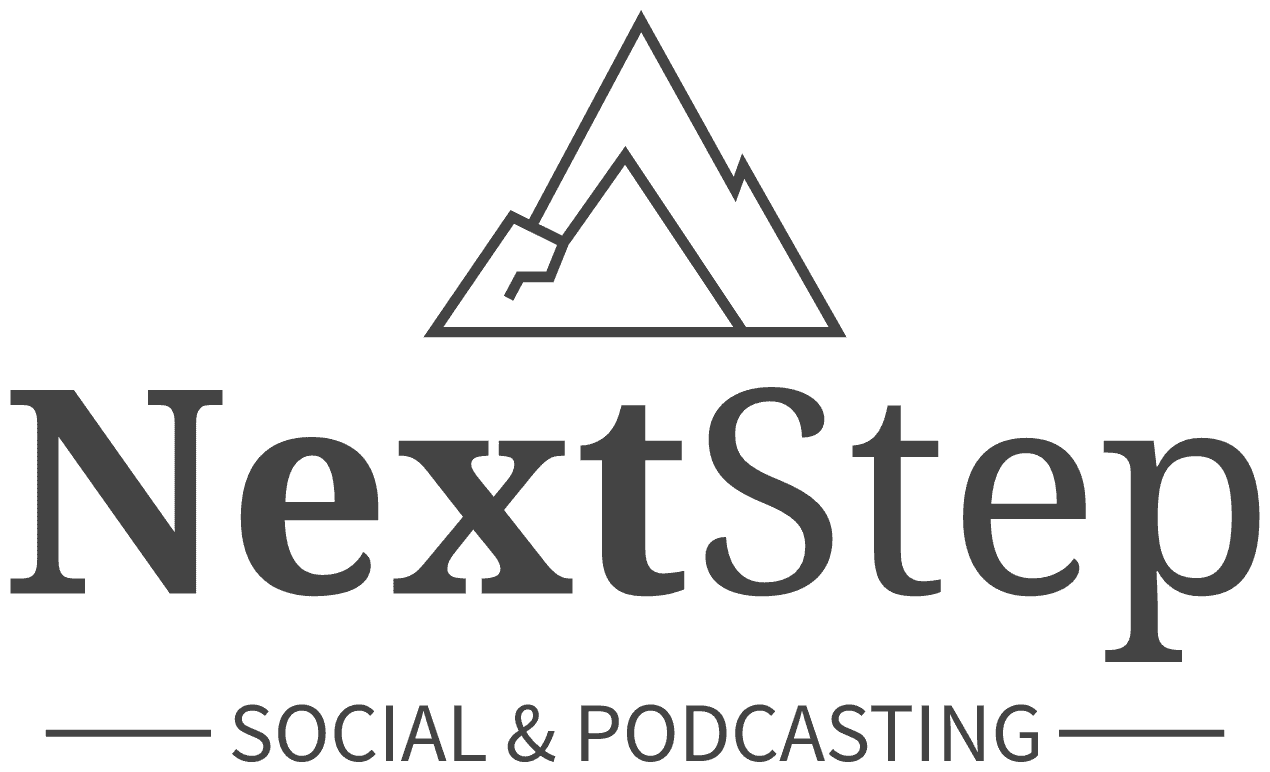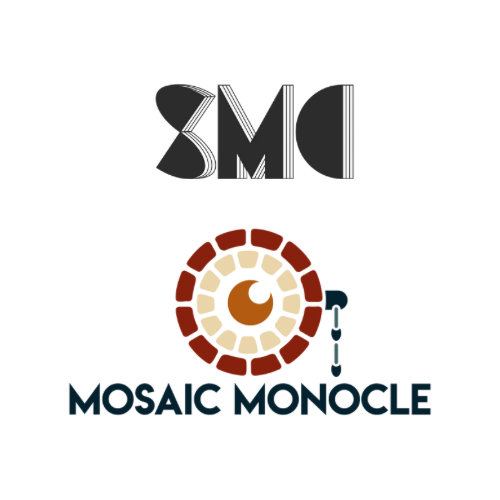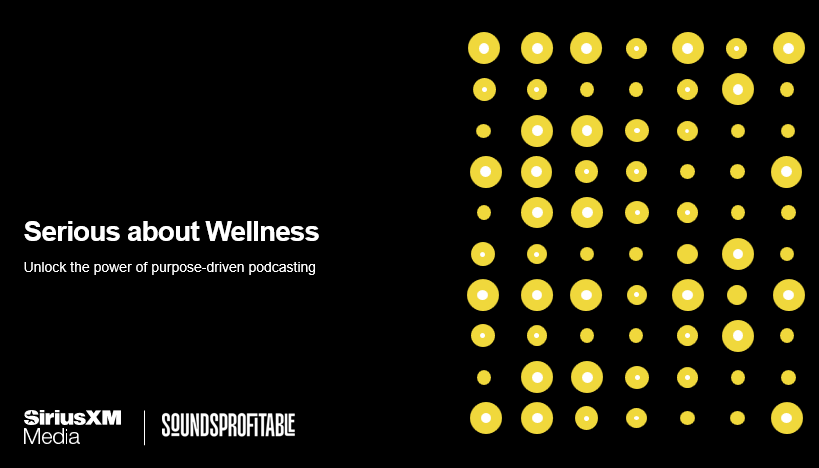This Week in the Business of Podcasting
It’s almost showtime! As we load the Sounds Profitable-mobile with everything needed to throw the best Sound Summit possible at SXSW (this Thursday at the Thompson, by the by), here’s this week’s news highlights.

Transparency. Performance. Automation.
iOS Update Adds Apple Podcast Transcripts
This Tuesday from Amrita Khalid for The Verge: The iOS 17.4 update is here and with it brings the release of transcripts on Apple Podcasts. Going forward, all newly-uploaded podcast episodes will receive an AI-generated transcript shortly after publication. Backlogs of existing podcasts are expected to be fully transcribed once the system catches up. The new transcripts are accessible from Apple Podcasts’ Now Playing screen, and include a nifty search function that allows users to look up keywords in the transcript.
Podcasters who want more accurate or even hand-typed transcripts for their shows can substitute those files for the Apple auto-generated feature. The new addition establishes an important baseline for podcasting’s accessibility.
One quiet feature of the transcription system worth spotlighting is how dynamically-inserted ads are handled. While the Apple system does not transcribe the audio of any dynamically-inserted ads, the system is built to hold space for said ad, automatically adjusting timecodes on the transcript after the ad so everything remains in sync and the text remains in sync with the rest of the episode.
Q4 2023 Podcast Earnings Roundup
Last Friday from Sara Guaglione at Digiday: podcast companies are reporting signs of an improved advertising market in 2024.
It’s earnings call season yet again, and this time we have a batch of sizeable podcast companies posting their 2023 Q4 earnings. iHeartMedia, Spotify, SiriusXM, and Acast all report their podcast revenue had positive year-over-year growth in the quarter, and a consistent message among company executives was signs of an improving advertising market heading into this year.
2023 was a bumpy year for advertising, and not all made it through unscathed. Cumulus Media’s earnings call reported an 8% loss in podcasting year over year. That said, they note an upward trend of improvement for their podcasting efforts in the back half of 2023.
Rich Bressler, President of iHeartMedia, said during the company’s earnings call last Thursday that the company expects 2024 to put iHeart back into growth mode as they continue to see signs of improvement both in their business and the wider advertising space. Spotify CEO Daniel Ek expressed optimism that if 2024 continues on current trends, Spotify’s podcasting business will hit its break-even point and begin to turn a profit before the end of the year.
It’s Time for Licensed Music to Enter Podcasting
This Wednesday from Sounds Profitable: Last week Tom Webster spoke at the Country Radio Seminar held each year in Nashville, Tennessee. In his talk, Webster spoke to the Country-shaped hole in podcasting and how it’s time for both industries to take each other seriously and break down the hurdles that would enable a new flood of creativity and revenue. A quote from Webster:
“The potential for music in podcasting is immense. Imagine podcasts that dissect classic albums track by track, that tell the stories behind iconic songs, or that explore the intricacies of musical genres from around the world. These aren’t just hypotheticals; there’s a real, pent-up demand for this content. Sounds Profitable has conducted research that shows music is significantly more popular among video podcast viewers than it is in the broader podcast listening audience. This discrepancy isn’t due to a lack of interest but to a lack of supply, constrained by the current licensing framework.”
On platforms like YouTube, music-based content thrives. Cover songs, reaction videos, in-depth analysis, it all regularly earns millions of views that benefit the creators, original artists, and audiences. That interplay between music and content creation is all but nonexistent in podcasting, save for some edge cases (whose success further proves the existence of an audience for that style of content in podcasting).
Webster calls for the radio and label industries to band together with podcasting, harness collective expertise, and solve for the issue of licensed music in podcasting.
“In many ways, love for music is what brings us all together—creators, industries, and audiences. It’s the universal language that transcends barriers and unites us. By solving the issue of music in podcasting, we’re not just opening up new avenues for content and monetization; we’re affirming our shared commitment to the power of music to bring us all closer. Let’s make it happen.”
Automated Podcast Transcription and Translation Isn’t Ready Yet, Has Promise
This Tuesday from Sara Guaglione at Digiday: 2023 featured several high-profile announcements of AI-powered tools being enlisted to transcribe and translate podcasts. Now, as the end of Q1 appears on the horizon, some of the bigger examples are still waiting for tech to catch up.
iHeartMedia’s original plan to use generative AI in translating 5 to 10 podcasts into different languages by the end of Q1 has been pushed back to the end of Q2. According to CEO Bob Pittman, the AI tech is not quite to the level it needs to be at to fully release.
Spotify’s pilot test of generating podcast host’s voices in different languages for translation purposes has also not posted any updates since September, and the program was not mentioned in their Q4 earnings call.
At the Hot Pod Summit last week, The Verge’s editor in chief Nilay Patel ran an impromptu experiment on how well the audience could detect a real audio clip versus an AI generated one. While the clips in English had a decent success rate in fooling the audience, the clip of a Spanish translation had a 95% detection rate, with one person in the audience replying the translation heckled ‘that was awful.’
While the tech isn’t quite ready, companies believe it has the potential to become a cost-effective way to expand podcasts internationally and access non-English speaking markets without creating a new version of the podcast wholecloth (such as Spotify’s localized adaptations of fiction podcasts like Case 63, which effectively re-made the podcast from scratch with a localized tem and actors). The potential is there, and if the tech is fully realized it could jumpstart the localization process for all genres of podcast, not just those that lend themselves to duplication.
PRX Debuts Fundraising Resources for Local Radio Stations
This Tuesday from PRX: The public media organization has announced a new collection of digital resources for terrestrial radio stations.
Sean Nesbitt, Senior Director of Industry Partnerships at PRX, says the new resources are in line with PRX’s intention to forge connections between popular programs and stations, expanding public media further. Public radio stations airing PRX-distributed programs will now have access to digital tools like custom fundraising emails from the hosts of shows like This American Life, Latino USA, and Milk Street Radio.
Stations that stream their programming on-demand online can now access pre-roll fundraising messages, also by show hosts in the PRX network. The reverse is also possible, with several PRX distributed podcasts coordinating with radio stations to run a midroll promotion for that station’s pledge week.
Resources like this bolster both PRX’s relationship with affiliate stations, and re-affirms the symbiotic relationship between public radio and podcasting as a medium.

How do I know if my podcast ads are driving new, incremental customers?
Measuring performance via pixels or promos is great…
But in a vacuum its meaningless. As podcasting continues to grow understanding the true incremental impact it has on driving new customers is crucial.
That’s where the concept of incrementality, comparing test versus control groups, becomes vital. Podscribe uses various methods to build control groups, including Similar, Prior, and Same Show approaches.
Join our webinar on March 20th to demystify incrementality in podcast advertising and learn how to run tests and apply these insights effectively.
Quick Hits
While they may not be top story material, the articles below from this week are definitely worth your time:
-
Podcasting at SXSW. In preparation for podcasting’s biggest SXSW yet, Sounds Profitable has whipped up a handy schedule of podcast events. Swing by the Thompson hotel on Saturday for the Sound Summit and get a pocket notebook with a physical copy of the schedule included!
-
CoHost is conducting a survey for professional podcasters. The form, currently available until March 15th, aims to collect information about podcasting challenges, wins, and key experiences.
-
What We Learned About Creative From Analyzing $3M in Podcast Media by Caroline Culbertson. Right Side Up has conducted an analysis of podcast advertising encompassing $3 million in ad spend, taking into consideration factors like ad length, placement in an episode, and if a host delivered ads longer than the contracted length.
-
Rooster Teeth Is Shutting Down After 21 Years by Todd Spangler. The media company has been shut down by parent Warner Bros. Discovery. However, The Roost podcast network will continue production.
-
Alice Levine & Dino Sofos Behind Crossed Wires Podcast Festival by Max Goldbart. A new podcast festival debuts in Sheffield, England this spring, following a similar format to a co-organizer’s existing music festival.


